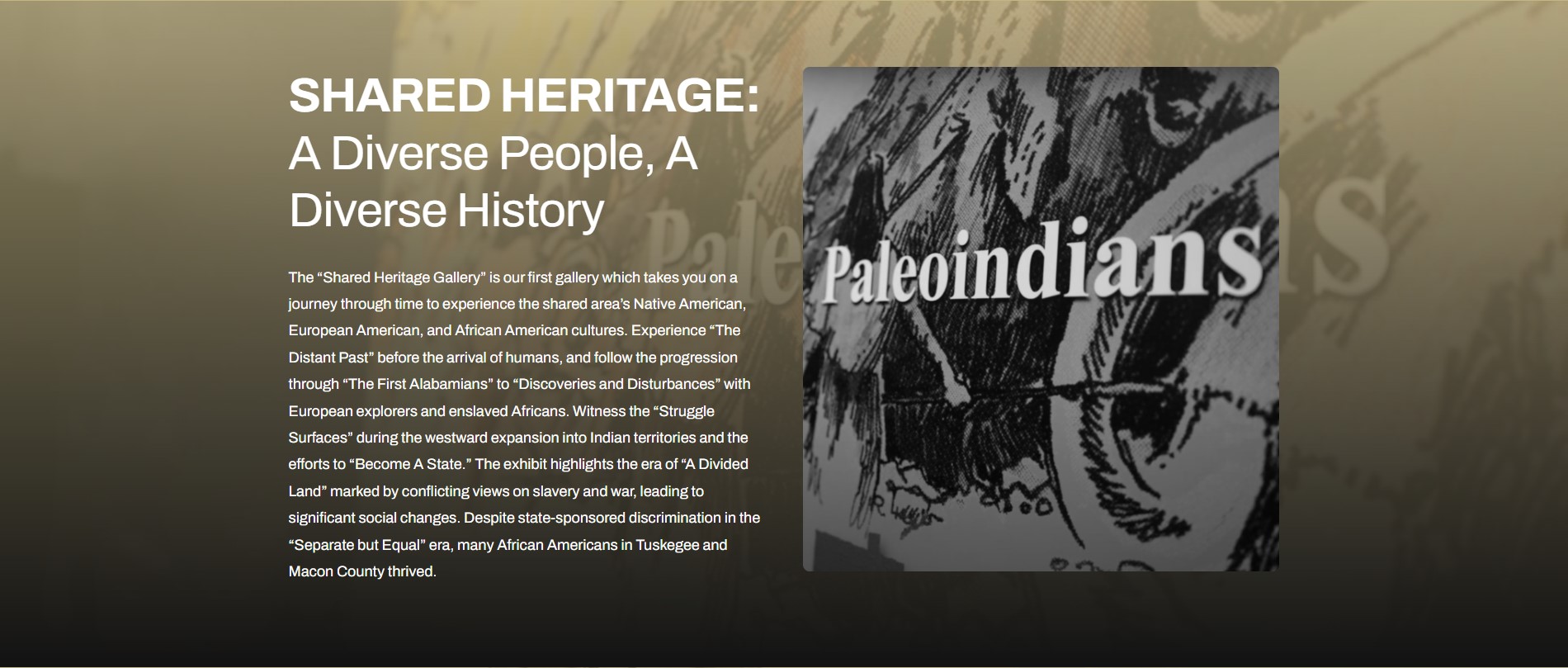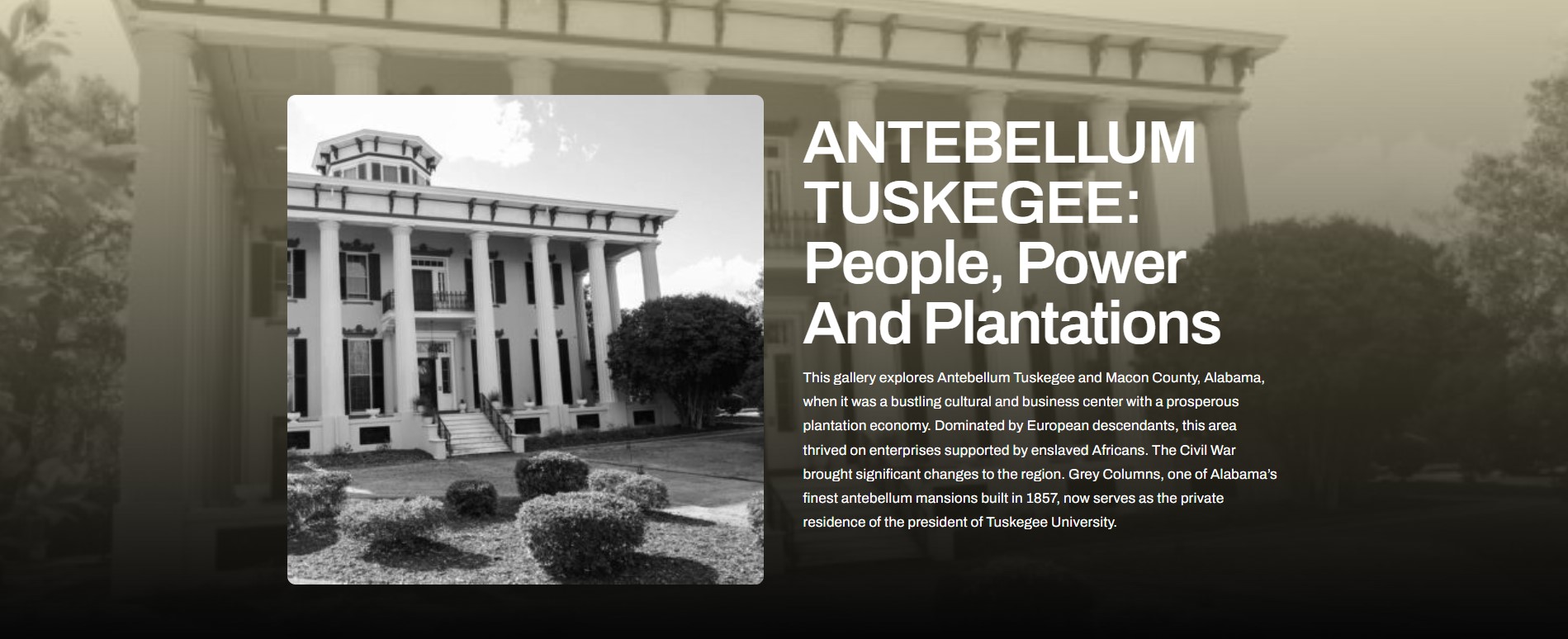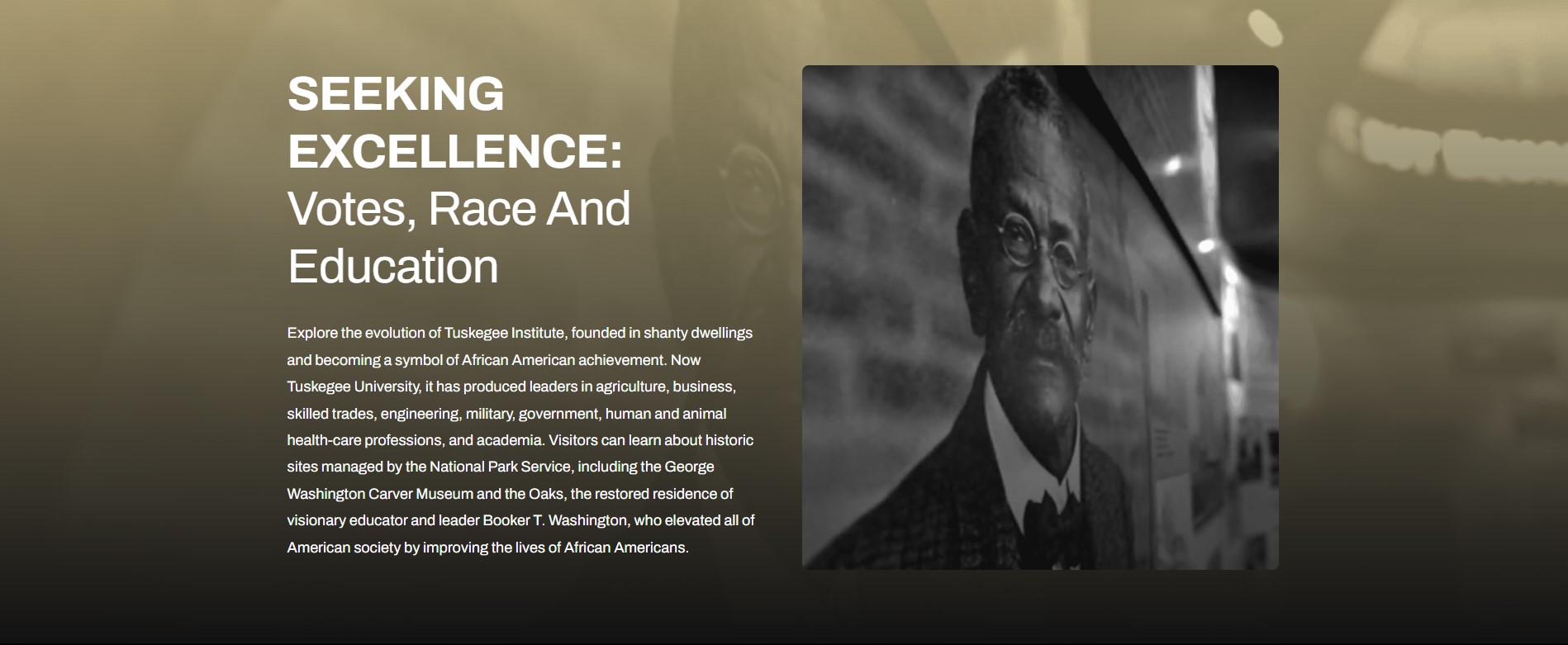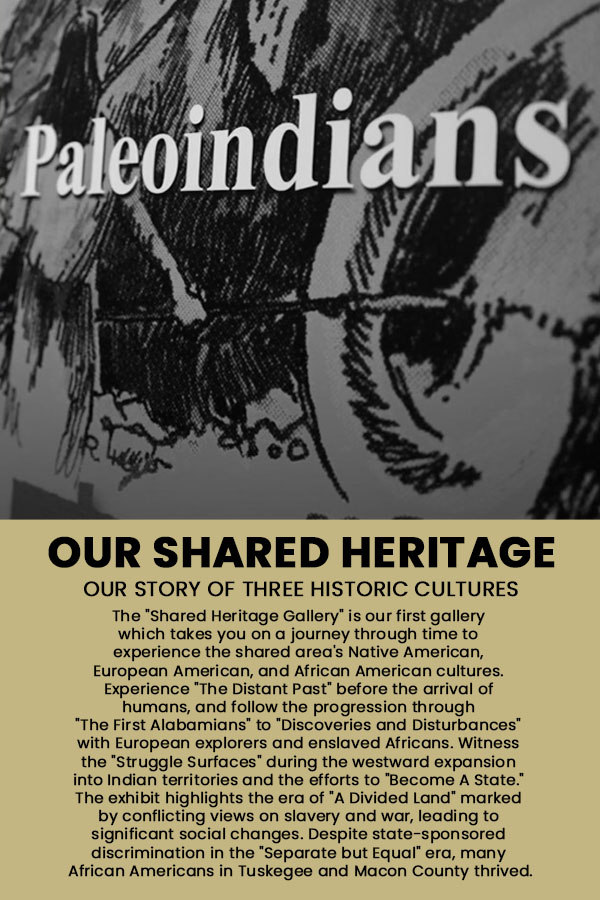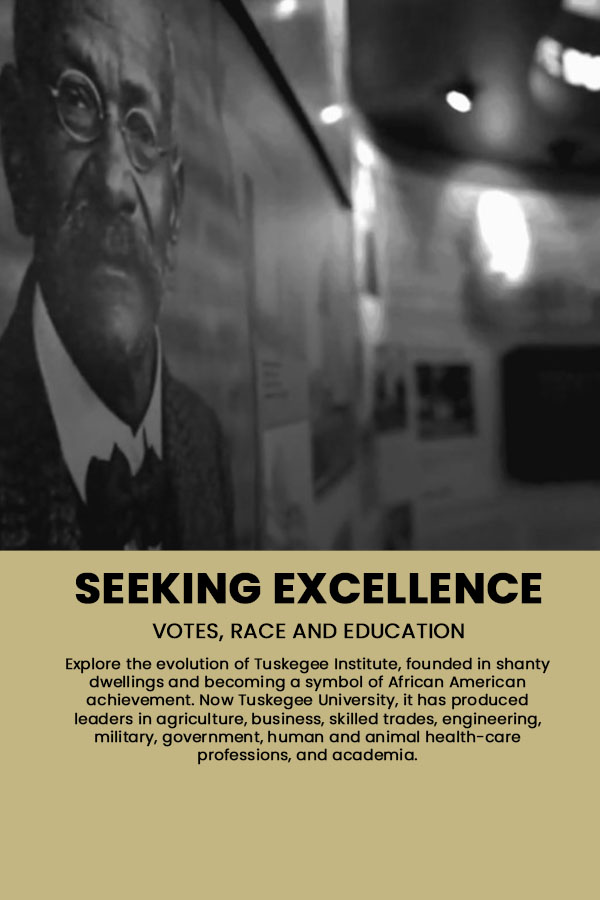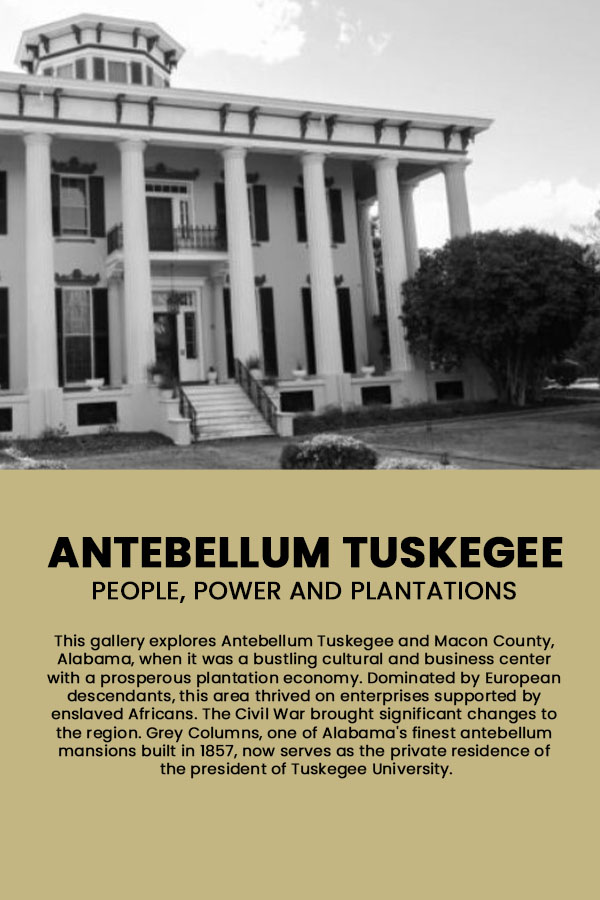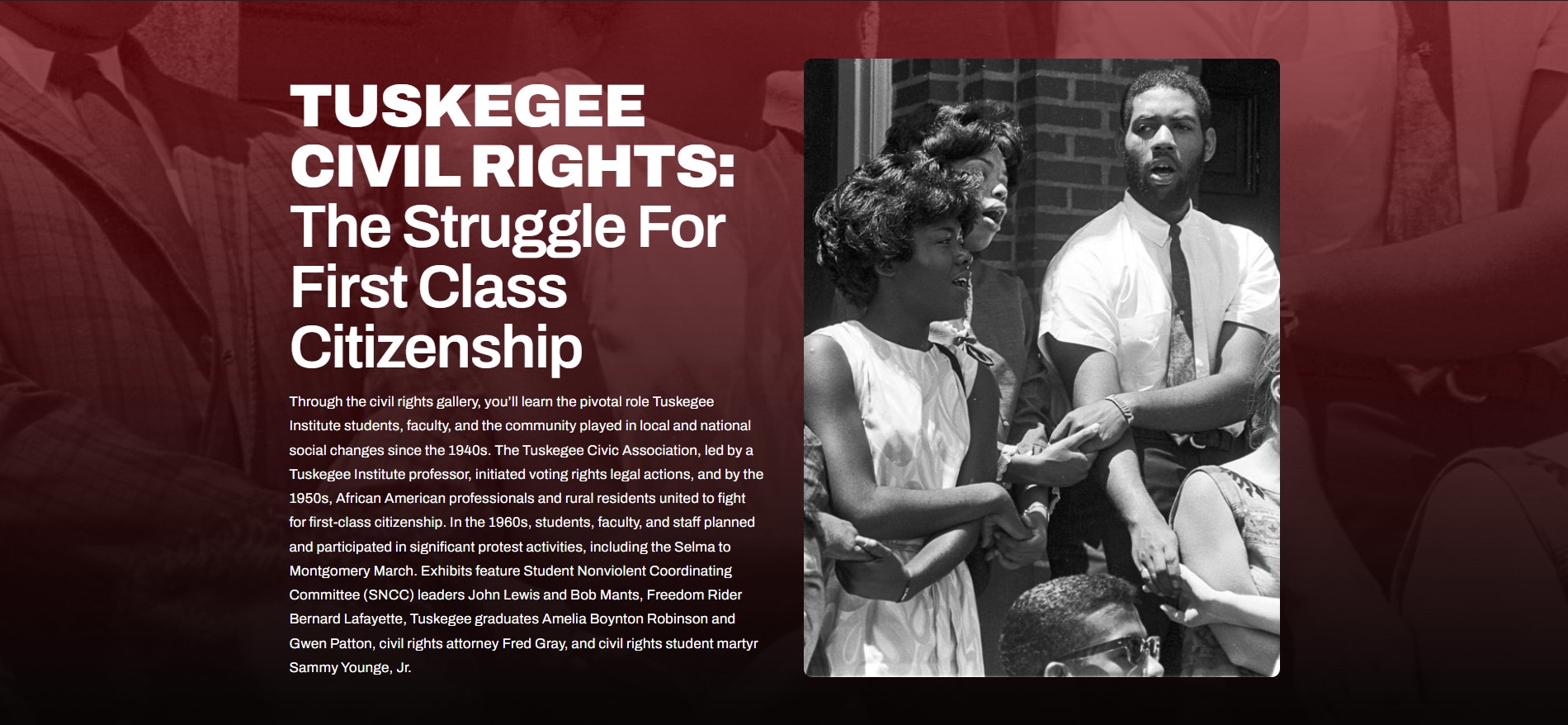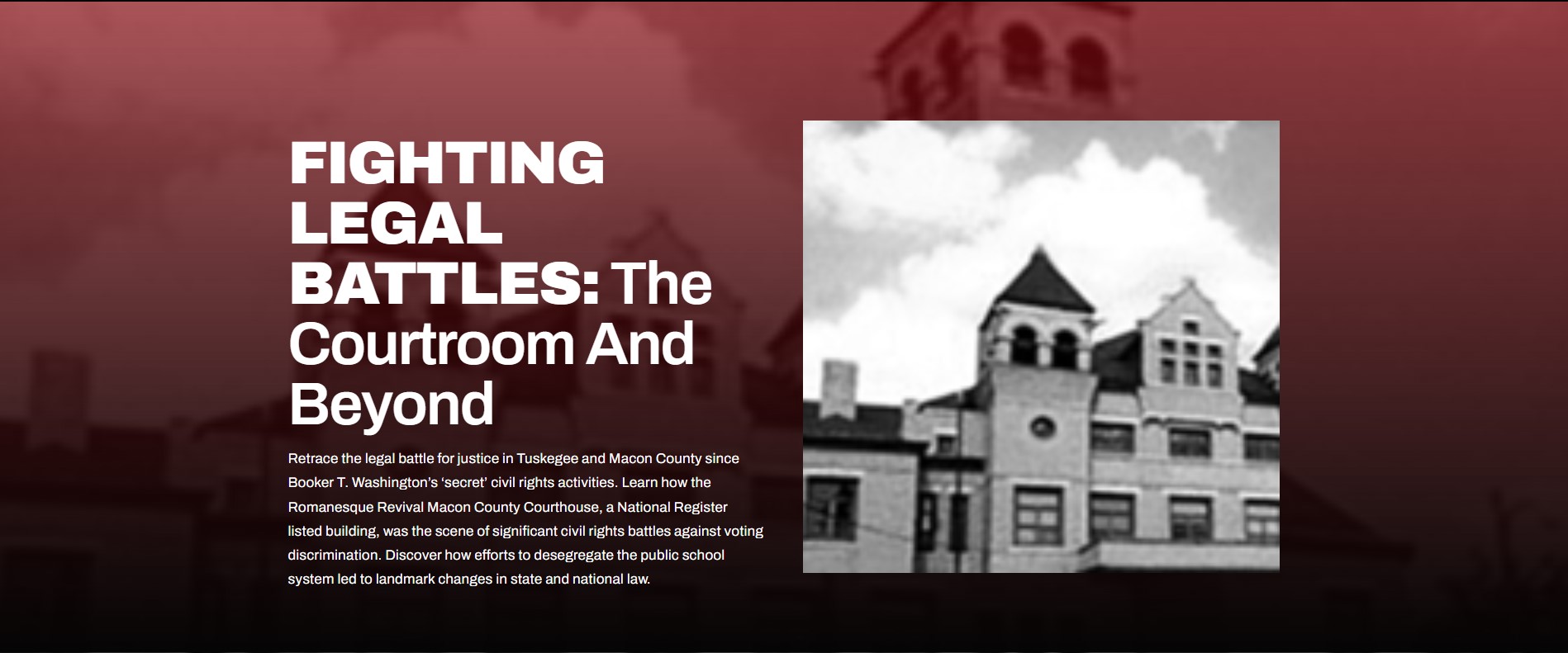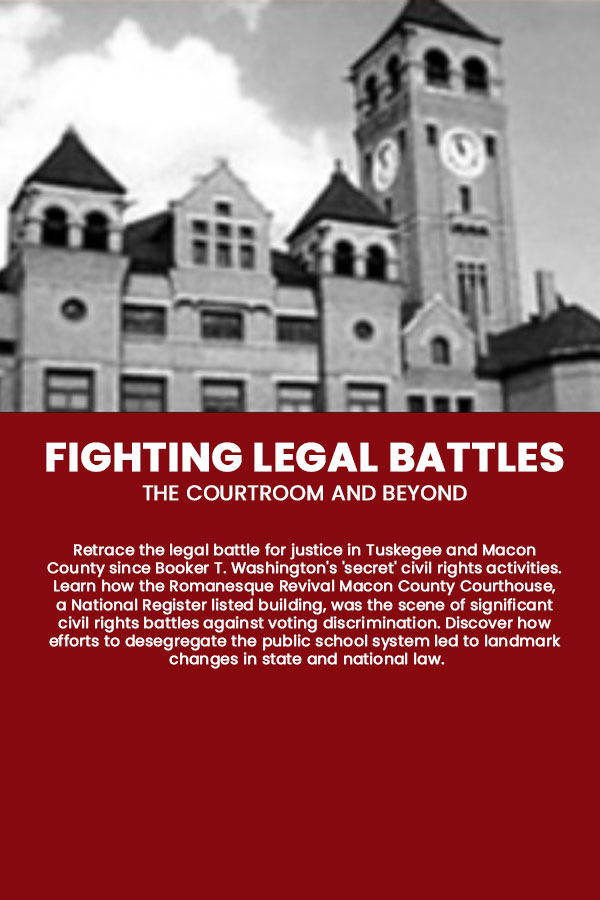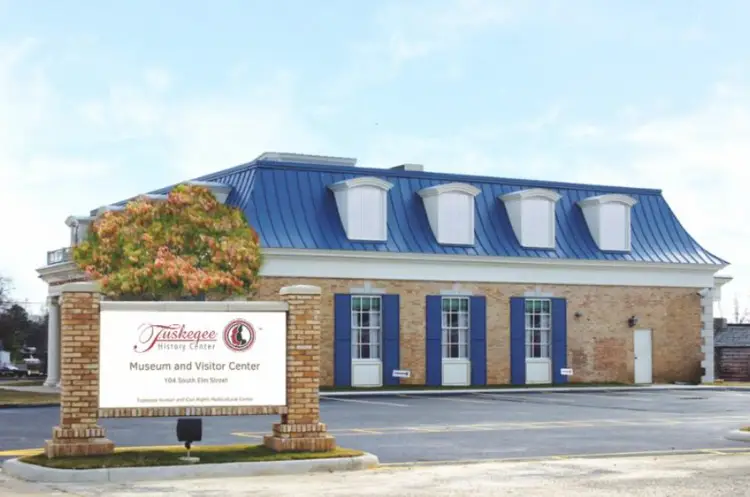Exhibits
Explore our exhibits to visit the past and journey through times of triumph and tragedy, witnessing how the people of Tuskegee/Macon County have shaped and changed the nation, specifically three distinct cultures: Native Americans, European Americans, and African Americans.
Our Shared Heritage
OUR STORY OF THREE HISTORIC CULTURES
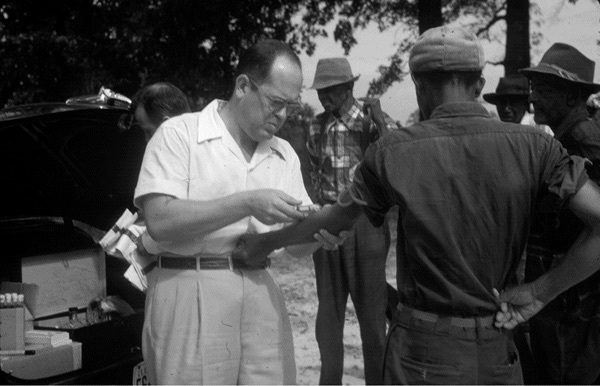
Tuskegee Syphilis Study: TRUST AND TRAGEDY
Tuskegee, Macon County, Alabama, is the site of the notorious Tuskegee Syphilis Study. As documented by the CDC (Centers for Disease Control) between 1932-1972, the United States Public Health Service denied treatment to African American men with syphilis in Macon County, to study the effects of untreated syphilis. The men did not give informed consent for the study, and did not receive proper treatment even though penicillin was available in 1947. Explore some of the details of the study in museum exhibits, videos and photographs.
In Pursuit of Justice
OUR STORIES OF STRUGGLES, CONFLICTS AND COOPERATION
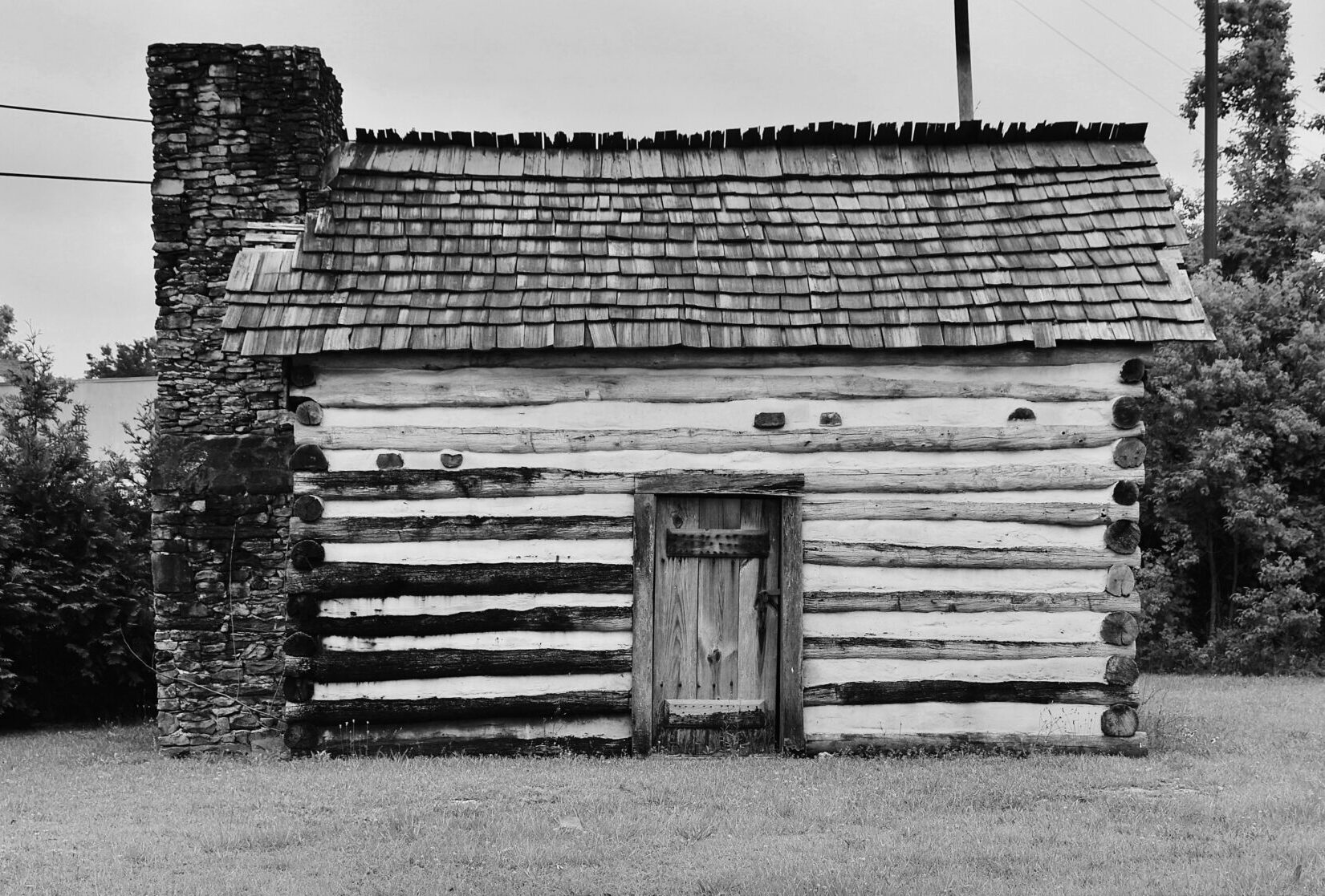
The Booker T. Washington Childhood Log Cabin Replica
The journey continues outside the museum, where just steps from the front door, you can explore the exterior replica of Booker T. Washington’s Virginia childhood home, as described in his autobiography “Up from Slavery.” The structure was built by the Booker T. Washington Centennial Commission in commemoration of Washington’s 100th birthday and later relocated to our grounds from the Tuskegee National Forest. This cabin offers a glimpse into the early life of one of America’s most influential educators.
Temporary Exhibit:
“Do What The Spirit Say Do”
A Photo Essay on the Activism, Advocacy, and Outreach of the Tuskegee Institute Scholar-Activists in the 1960s
Explore the legacy of Tuskegee Institute scholar-activists who, especially in the 1960s, rose to challenge the inequities and injustices of their time. This exhibit highlights their pivotal role in local, state, and national change.
Through the lenses of courageous photojournalists and police photographers, witness the activism and advocacy of these students as they, to quote an African American Spiritual, “Do what the spirit say do.”
This project was made possible in part by the Institute of Museum and Library Services.
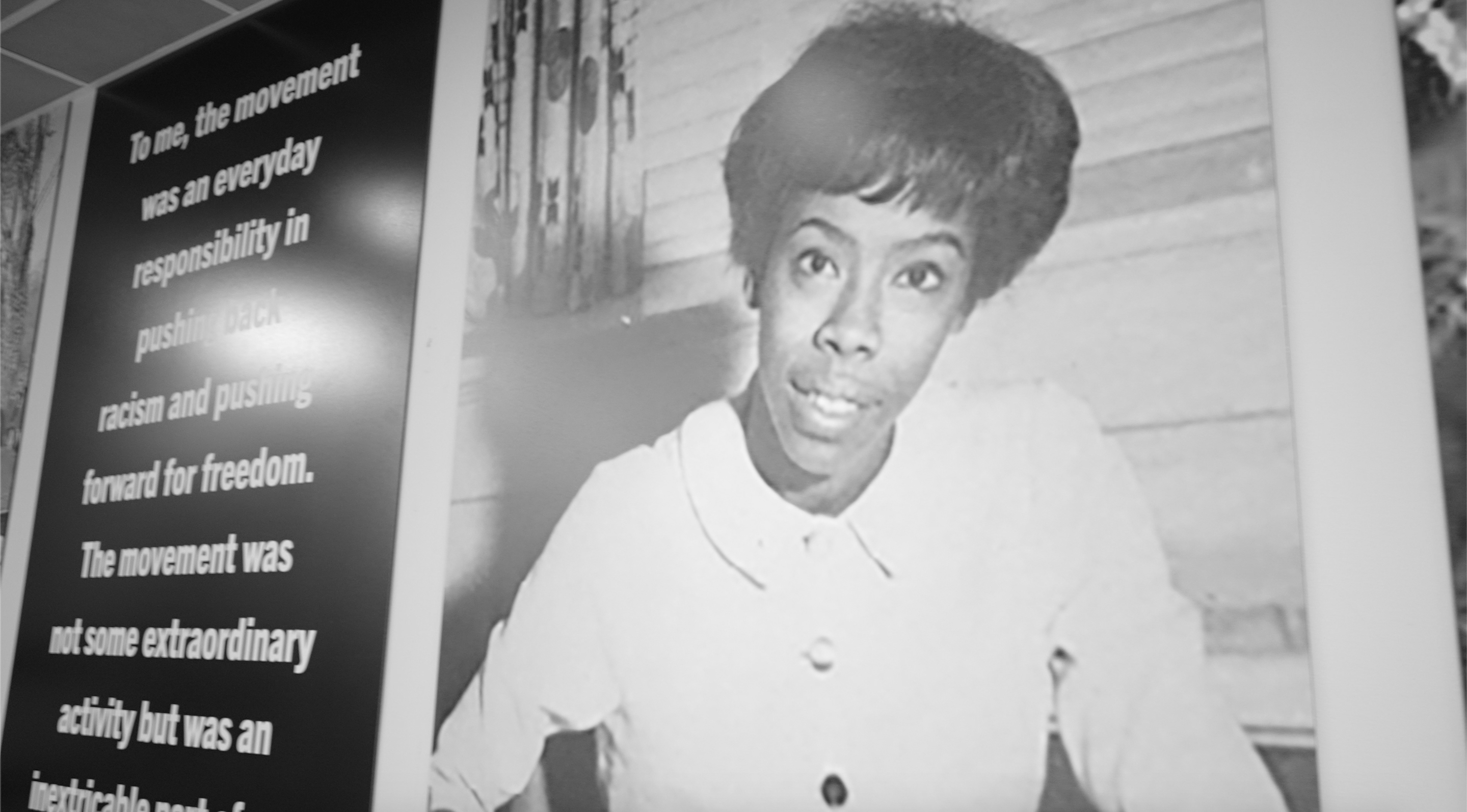
“I specifically love how this museum was built, the interior, and the way art and images were used to tell And Interpret history.”

Oluwafunmike Onifade
